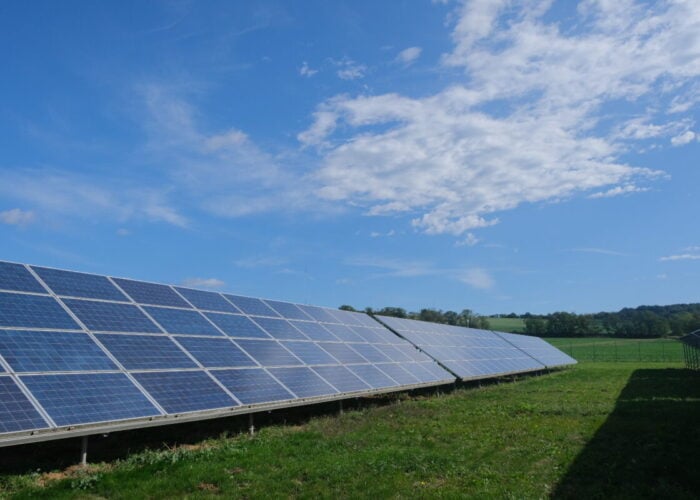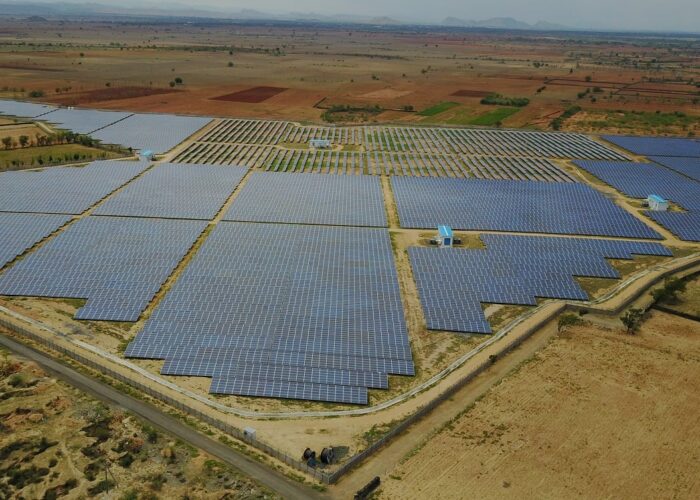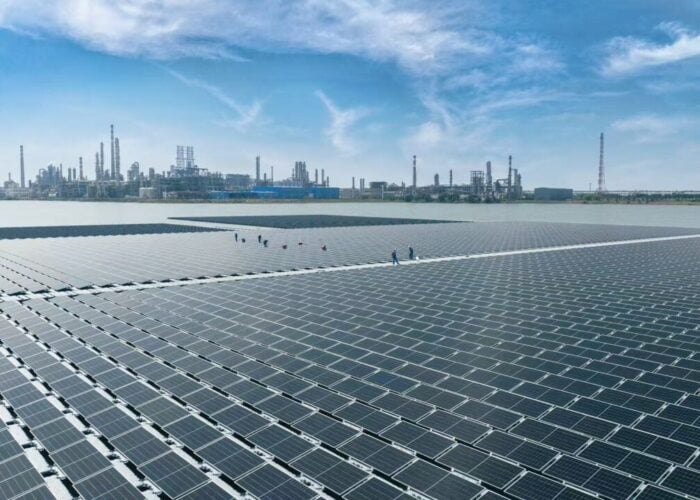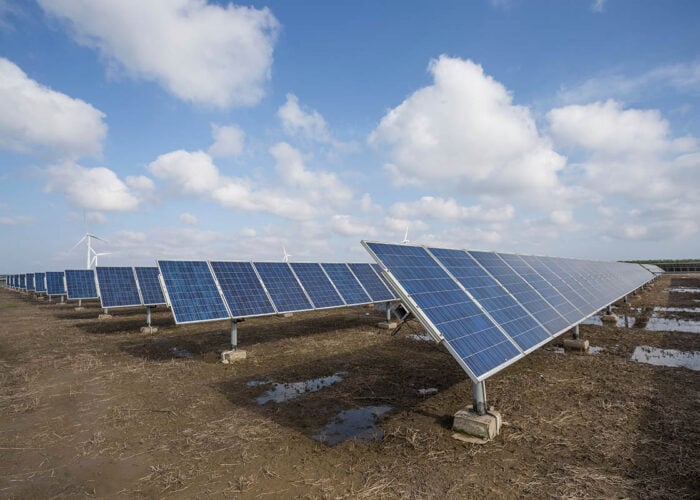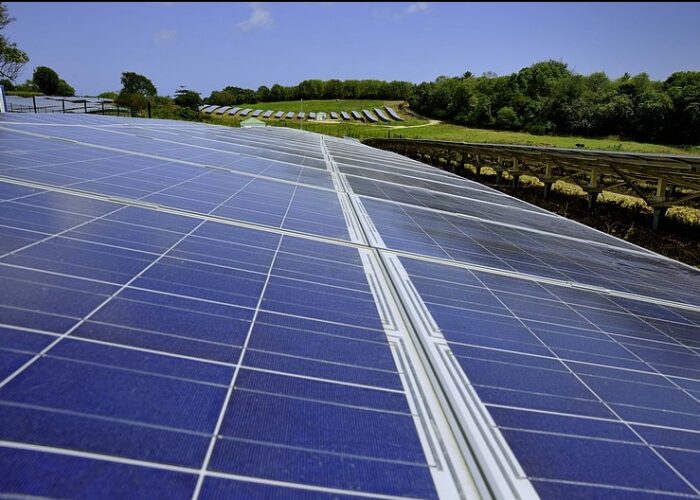An interpretation of property law that could come into effect in Arizona, taxing homeowners for leased solar panels fitted to their property is another manifestation of resistance to solar, according to an analyst from Lux Research.
Following reports that claimed property tax laws in the US state could be freshly interpreted to remove exemptions for solar panels that are currently in place, if they are leased from a third party company, Matt Feinstein, analyst at Lux, told PV Tech it was the latest tactic to place obstacles in front of solar at the local level.
Unlock unlimited access for 12 whole months of distinctive global analysis
Photovoltaics International is now included.
- Regular insight and analysis of the industry’s biggest developments
- In-depth interviews with the industry’s leading figures
- Unlimited digital access to the PV Tech Power journal catalogue
- Unlimited digital access to the Photovoltaics International journal catalogue
- Access to more than 1,000 technical papers
- Discounts on Solar Media’s portfolio of events, in-person and virtual
Arizona-based news website AZ Central reported that the Arizona Department of Revenue, which is responsible for administering tax laws in the state, is considering approval of a reinterpretation of the Energy Equipment Property Tax Exemption that at present “does not consider renewable energy equipment to add value to property”.
Under new rules, while solar panels owned by the householder would remain exempt, systems leased through companies such as SolarCity and SunRun would be liable for taxation. If the changes go through, leased PV systems could be taxed from October 2015. Arizona has been the focus of a number of high profile battles between solar companies and utilities recently, with accusations of ‘dark money’ being thrown into the mix by various lobbying groups.
“As the industry grows in volume you kind of expect more resistance and this could be an example of that resistance. It’s not surprising to me that one state has started down this path. There’s all these little manipulations to the codes that can be proposed that just might work in some states because of their politics – when you’ve lived here long enough, nothing surprises you,” added Feinstein.
PV Tech asked if this new development was another tactic to resist the increased deployment of solar, Feinstein agreed.
“They’ve already had a net metering fight in Arizona…I wouldn’t be surprised if other states, if they keep resisting, the next logical step there could be property tax exemption and revoking that. It’s just one other method.”
Feinstein told PV Tech that a reinterpretation of tax law was likely to be more easily passed than a wholesale change, which might explain the new tactic.
“The proposal would fall in under existing property tax law, so it’s not a new tax or something which would be difficult to establish, it will just change what the existing tax will include,” he said.
Feinstein speculated that it was likely Arizona Tax Research Association, which has utilities Arizona Public Service and Tucson Electric Power as major investors and board members, able to put lobbying pressure and dollars towards influencing discussions.
According to Feinstein, the proposed changes “would nullify a significant part of the savings that distributed solar customers gain, so it would be very damaging [to the industry]”.
Feinstein claimed solar needed to “fight fire with fire” in the fight with utilities. He said besides the political arena, where lobbying power was critical and hard to fight without big money, solar advocates needed to fight to maintain regulatory support.
“Solar and renewables overall, they have to fight the local battle rather than the national battle where they’re used to fighting, because that’s where a lot of this is going be played out, at local level. That’s where these regulations are being closed, they’re not going close them altogether on the federal level; they’re going to close one state, or one city in the state and then move along,” he added.

